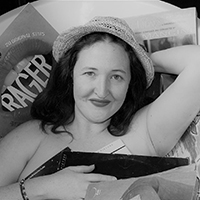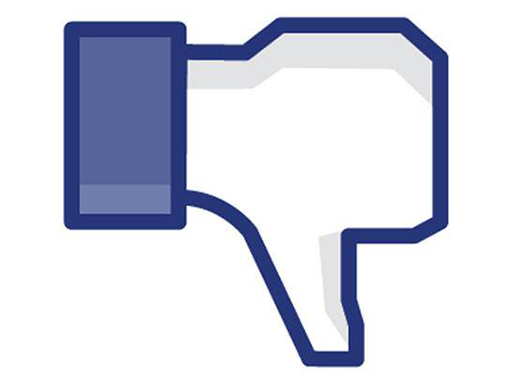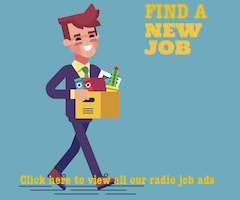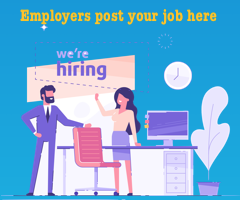Comment from Jen Seyderhelm
I ran into a girlfriend at the supermarket last weekend who was made redundant from her radio news reader/journalism role in the early stages of the COVID pandemic. She’s doing a contract role in an unrelated field and trying to get back in the industry.
She told me she wasn’t using Facebook at present.
I said something along the lines of, “don’t you still need it to make sure you are up to date with news?”. She said that she simply listened to the radio and used websites and TV.
I confessed my own addiction to the site, not only for news reasons but as a platform to promote and market my small (podcast) business. And to schedule and remember events. Plus keep in contact with friends and track of my professional network.
I told her I didn’t think I could give it up.
Yet, earlier today I made the bold and perhaps stupid declaration that I’m not going to use the site until our news, weather and emergency services pages are reactivated.
As I read the stories about Facebook’s decision (via news websites of course) I went through and checked all the pages I use on a regular basis. My news and current affairs station was inactive, as is my TV news station of choice, our local emergency services somehow avoided the ban and, most interestingly for me, for my sister music station 2CA, it was business as normal.
In the last 12 months I’ve experimented with paid ads across all social channels. On Instagram it gave me lots of likes but no interaction or real growth. Google tells me I’ve reached lots of people and I get more spam as a result. Facebook, initially, genuinely seemed to get people towards my page and site. The right people, presumably because of how their various algorithms work. But after a couple of ads the drop off was significant – which I again interpreted as I was just selling more of me to those already interested.
Two things I take from this into Facebook’s actions today – if the ABC for instance, was to create a new page today and call themselves a music, public identity or even just generic media page, they could be re-operational within the hour.
Secondly, when Google threatened the same action against Australia, other search engines like Microsoft’s Bing gleefully put their hands up and said, “we’ll take your business instead!”
In a short space of time there were new articles about how Google was now working hand in hand with X news and Y radio station.
It appears to me that Facebook doesn’t think there is a significant alternative here in Australia to what they offer.
When I was a radio producer I would research subject matters that were relevant to guests I booked. If I booked a sexual health expert I would get Facebook ads about my STD treatment for the next week.
There’s a lot to be said, both good and bad, towards how much you get targeted depending on what you search. And, Facebook gets paid for this commercial allocation.
Today is a great moment to focus on how fortunate we’ve been during the last 12 months of natural disaster and pandemic, to go back to some good old fashioned current and local TV and radio news broadcasting.
If I can’t get a news update on my Facebook feed, I’ll turn the radio on, listen through an app on my phone, or my personal preference (vested interest here) find a news podcast.
Today’s decision will be reversed at some point and I will continue to use Facebook – but I, and we as an industry should take note and remember that WE can be the alternative here.
About the author

Jen Seyderhelm is an announcer, podcaster, producer, writer, news reader and music historian. She works for 2CC Canberra and is part of the Raiders Call Team.
Jen is a trainer in voice over and podcasting; her website is jenxaudio.com.au – you can find her Australian One Hit Wonders page here (if facebook hasn’t blocked it).
Subscribe to the radioinfo podcast on these platforms: Acast, Apple iTunes Podcasts, Podtail, Spotify, Google Podcasts, TuneIn, or wherever you get your podcasts.




